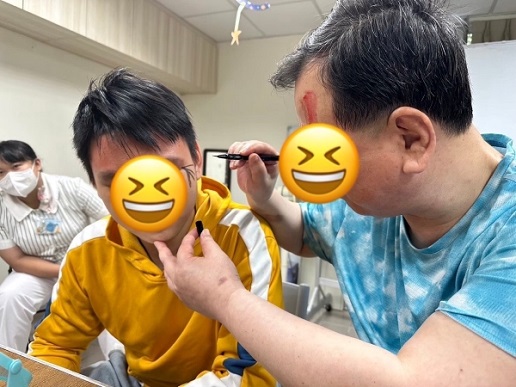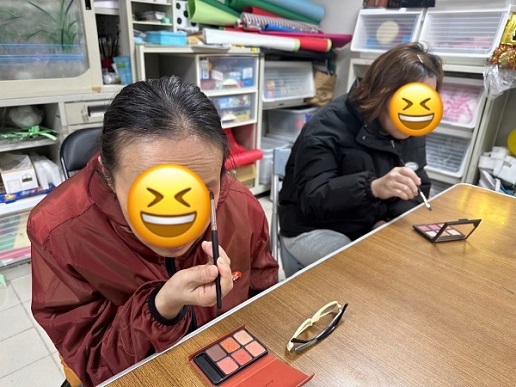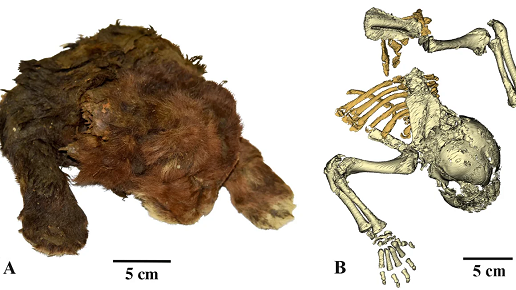October 27 is designated as "World Occupational Therapy Day." Taiwan, as a member country of the World Federation of Occupational Therapists (WFOT), officially registered "Occupational Therapist Day" on the national calendar in 2017 under the Ministry of the Interior, to promote occupational therapy and increase public awareness.
Zhang Zhi-Qiang, Consultant to the Taiwan Occupational Therapy Association and Director of the Ministry of Health and Welfare’s Bali Psychiatric Center, explained that occupational therapy utilizes "purposeful activities" as a medium to assist individuals whose personal or social participation abilities are limited due to various factors. By selecting, organizing, and engaging in daily activities, the therapy aims to enhance individuals' quality of life.
Additionally, occupational therapy applies professional methods, such as orthotics and assistive devices, task simplification, job strengthening, environmental modifications, and job redesign, to help clients engage in meaningful daily activities to maintain function and prevent decline. Recently, occupational therapy has focused on long-term care services, including disability and dementia prevention, and promoting healthy aging to ensure everyone enjoys a high quality of life.
Director Zhang mentioned that occupational therapy covers three main areas: physical, pediatric, and psychiatric. It serves a diverse range of clients. For example, the physical field includes patients with spinal cord injuries, strokes, and brain injuries; the pediatric field addresses cases of developmental delays, such as autism and attention deficit; and the psychiatric field assists individuals with depression, bipolar disorder, substance and alcohol dependence, helping them rebuild life skills to facilitate reintegration into society.
Lin Kai-Lin, an occupational therapist at Bali Psychiatric Center, shared her work in providing group therapy in psychiatry, including crafts, cooking, physical exercise, and a special "Beauty Group" activity. Therapist Lin noted that the group guides patients through facial cleansing, makeup, and creating themed looks for celebrations, such as vibrant makeup for Halloween. With graded activity design, patients with higher functionality operate independently, while those with limited function receive assistance from therapists or fellow patients, enhancing interpersonal interaction and social skills, and improving patients' self-efficacy. Therapist Lin emphasized that such group activities effectively help patients regain daily life skills, preparing them for reintegration into society. The “Beauty Group” activity guides patients in designing special makeup looks for various festivals (Image / Provided by Bali Psychiatric Center)
The “Beauty Group” activity guides patients in designing special makeup looks for various festivals (Image / Provided by Bali Psychiatric Center)






